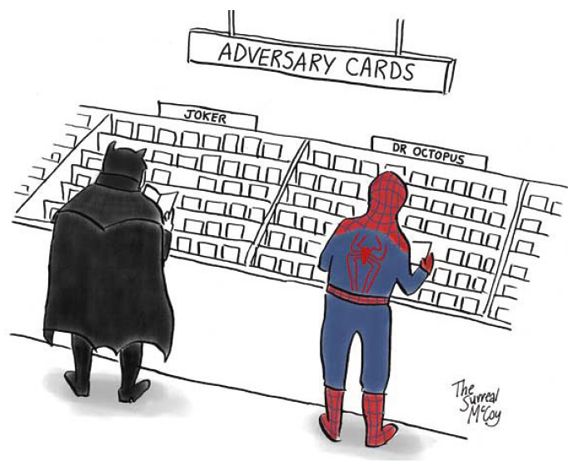“How’s my driving? Call 1-800-BITE-ME.” This bumper sticker, glimpsed on American trucks, seldom failed to give me a smile. Now it inspires a sort of nostalgic yearning. My car is spying on me, and has taken to sending me passive-aggressive emails.
Driving used to be a more or less binary proposition. How you went about it was your business until you actually crashed—on the sound principle, enunciated by the judicial philosopher Zechariah Chafee, that your right to swing your arm ends where the other fellow’s nose begins. Big data and modern car insurance has changed all that.
If you’re my wife, and you reverse onto the main road outside our house and get socked in the rear end by someone doing 40 in a 30mph speed zone (crunch, tinkle); or if you’re me, and you have a tendency to get distracted while pulling out of a tight space in a supermarket car park (crunch), insuring the family vehicle is an expensive business. The words “no claims bonus” are not in our lexicon. When our elderly Škoda gives up the ghost, it’ll probably be cheaper to coast to the hard shoulder, debouch en famille and tiptoe away rather than to sell it. Inside, it’s all mashed banana and scratched Fireman Sam CDs; outside, it’s all mashed bodywork and scratched paint.
A poor thing, but our own. And this year, when it came time to renew our insurance, and seeing the figure that Elephant was proposing to charge us to renew, I spurned the deceptively benevolent-looking cartoon pachyderm and struck out into the wilderness of price comparison websites. The news was not good anywhere. If there were a single price-comparison website that compared all the comparison websites, I would have been a much happier man, and at least 130 minutes younger at the time of writing.
But at length I discovered that I could save £100 or so by switching insurers. I say “switching insurers”—some hours into the process it emerged that my new friends Bell are a scion of the same parent company as Elephant. I’m still not convinced there isn’t just one giant insurance company, varying prices at random and that the only choice is whether the phone is answered by a nodding dog, a wheeled telephone, a cartoon elephant or an 18th-century admiral.
The new deal has strings attached: a sinister black box, which must be kept plugged into the car cigarette lighter for three months and relays real-time information to a satellite. The person on the phone was blithe—especially when they explained that if you fall into the worst 5 per cent of drivers, the insurance will be cancelled on the spot. “If that happens,” I asked, my tone of voice indicating how extremely hypothetical this inquiry was, “will the information then be shared with other car insurance companies?” I was assured that it would not, and believed that assurance not at all.
Still, I didn’t see much of a choice. The idea of going snivelling back to the elephant and seeing the expression on its face was too humiliating. So I got the box and plugged it in and off we went. Now, every few weeks, an email pops into my inbox with the overfamiliar subject-line: “Sam, we’ve got some more feedback on your driving.” The body text awards me a bronze medal, and offers patronising words of encouragement. “There’s still time to improve!” it says, telling me that if I medal gold or silver I’ll get an extra discount. “Did you know…” it asks insouciantly, that the safest drivers are those who don’t drive too fast, brake too hard or accelerate too quickly—all of which seems distinctly pointed.
So I’ve breached my own privacy—fine. And I’m being told off by a bot—sort of fine. But it’s disquieting to think that somewhere in the world is a precise and presumably indelible record not only of how jerkily I accelerate and how badly I speed on the M1, but of precisely where I’ve driven in a three-month period. It’s the same for ever more of us. Big data; thin end of wedge. “How’s my driving? 1-800-BYTE-ME.”














